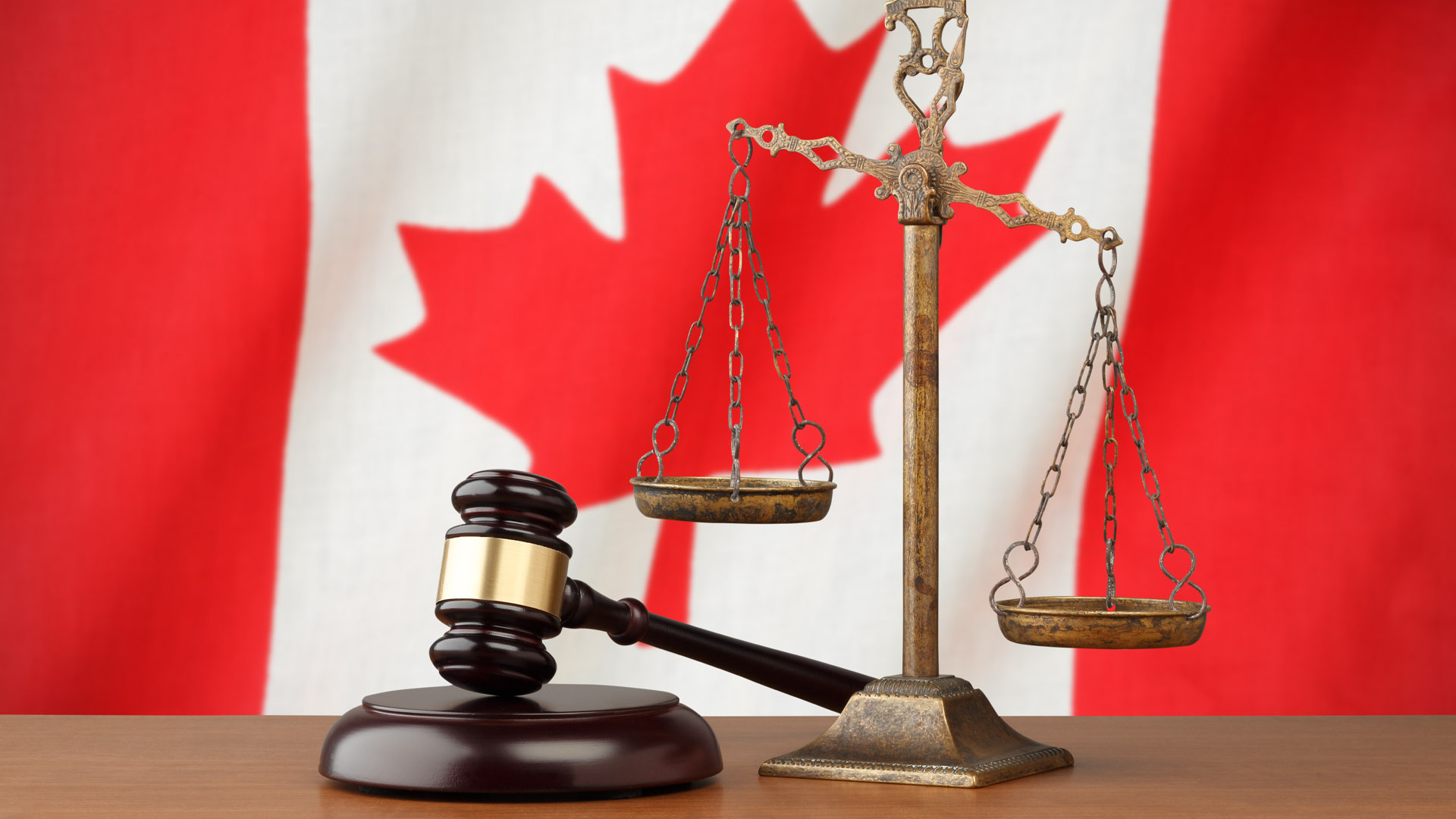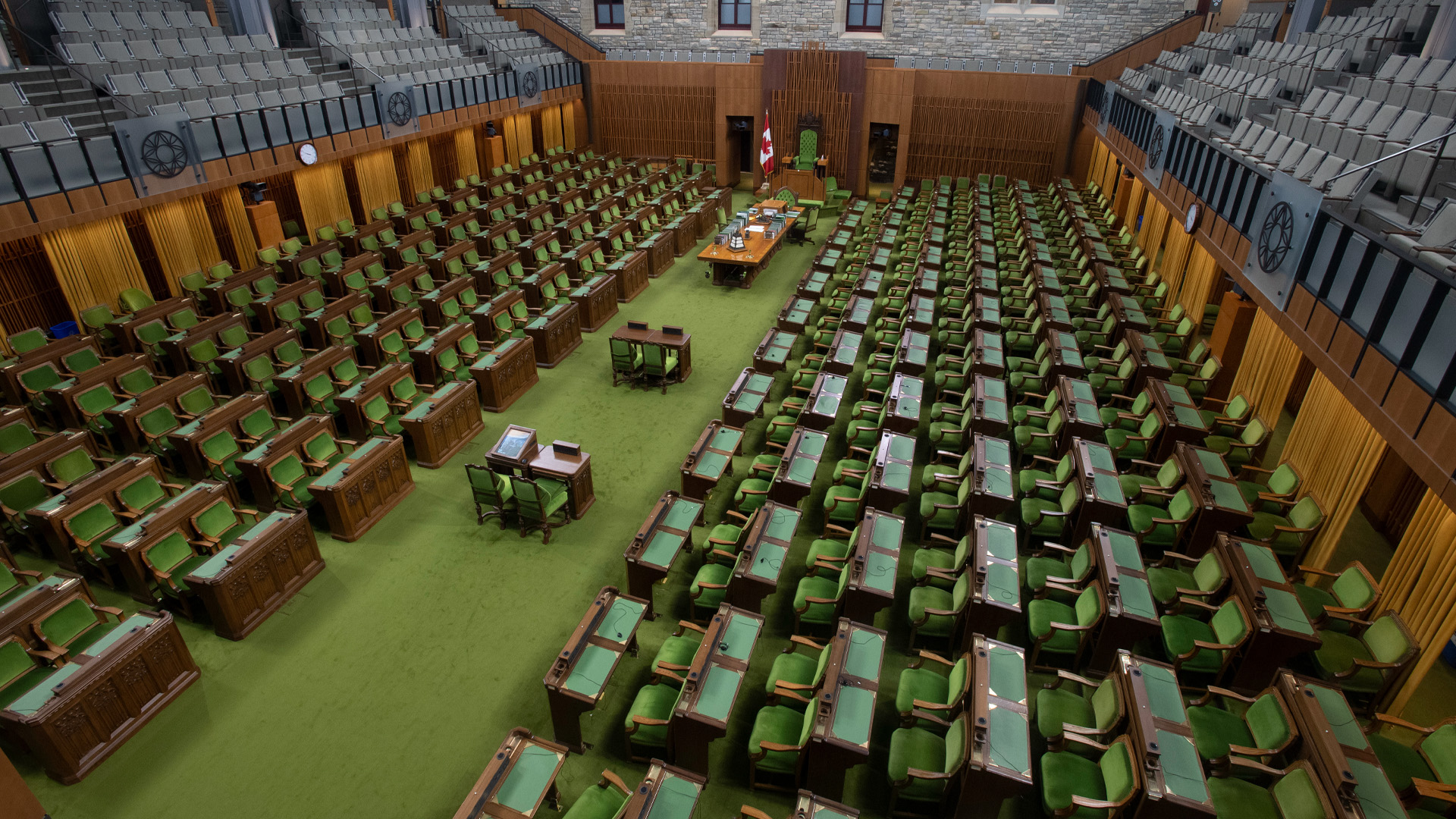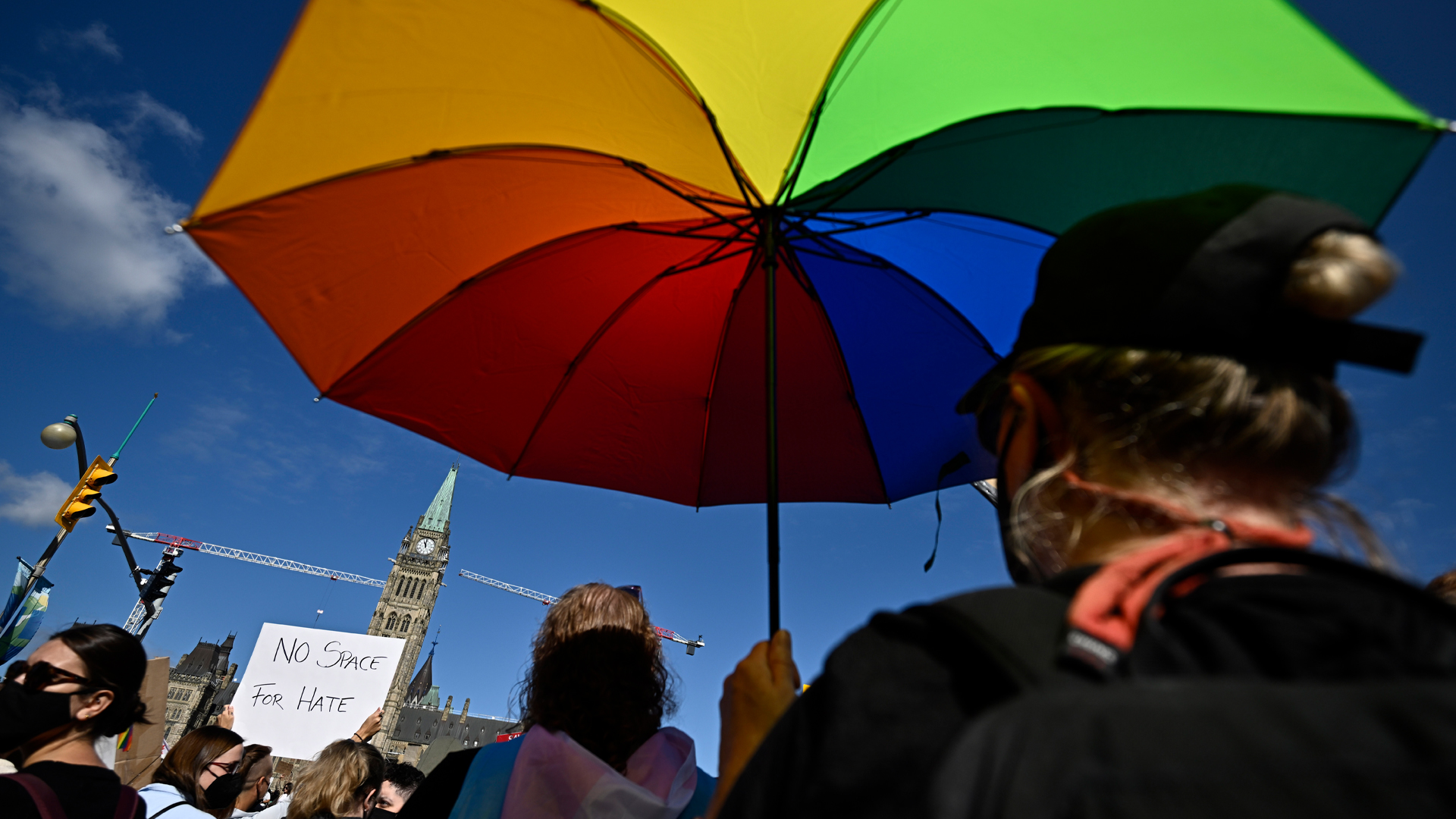
Federal Justice Minister Peter MacKay announced the details on the government’s new bill restricting prostitution, and it is significantly more draconian than expected. As I wrote yesterday, the bill criminalizes the purchase of sex, something that would have likely instigated a new Charter of Rights challenge on its own as it risks driving prostitution underground so that clients can avoid prosecution, thus making it less safe for sex workers. But the bill also includes a number of provisions criminalizing sex workers themselves, including transactions conducted where children may be in the vicinity, a ban on advertising sexual services, and re-introducing a prohibition on communicating for the purposes of buying or selling sex.
These provisions are not only bad policy, but they undoubtedly raise the same set of concerns the Supreme Court addressed when striking down the old provisions last December. By prohibiting advertising and reviving the ban on public communication, the bill would make it much more difficult for sex workers to safely assess and vet their clients, and ensure they can meet them in relatively safe places on their own terms.
Bizarrely, the bill hands out more severe penalties when public communication for sexual services is conducted, among other things, near « religious institutions » – talk about arbitrary!
As I wrote for Maclean’s following the Supreme Court’s decision in the Bedford case, the judges made it clear that laws restricting an otherwise « lawful activity » and whose impact only serve to increase the risks for sex workers are going to raise obvious constitutional issues. It is worth noting, once again, that if Parliament were to simply prohibit prostitution itself it would likely be on safer ground constitutionally (although from a policy perspective an outright ban raises all of the same issues).
The government is also shamelessly using the online survey it conducted as political cover for this bill, touting that it consulted with Canadians and – surprise! – many of them don’t like prostitution. But we don’t uphold Charter rights with opinion polls. Nor do we typically craft sound public policy on the Internet.
If the new bill becomes law in its current form, it will be challenged immediately, and while it would likely take 2-3 years to reach the Supreme Court, I doubt the government will like the outcome. One wonders if, for some reason, that is the point, because this bill was not the result of careful consideration of what the Court said last December. It is certainly not the result of attention paid to the safety of sex workers.







